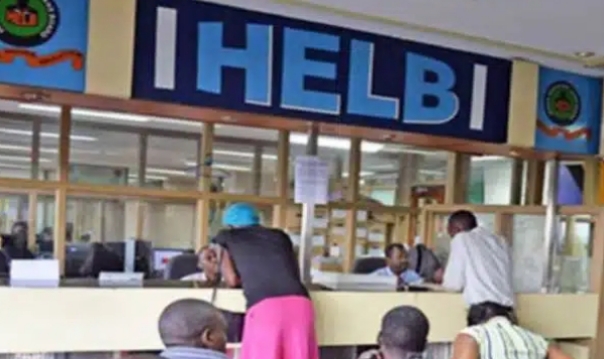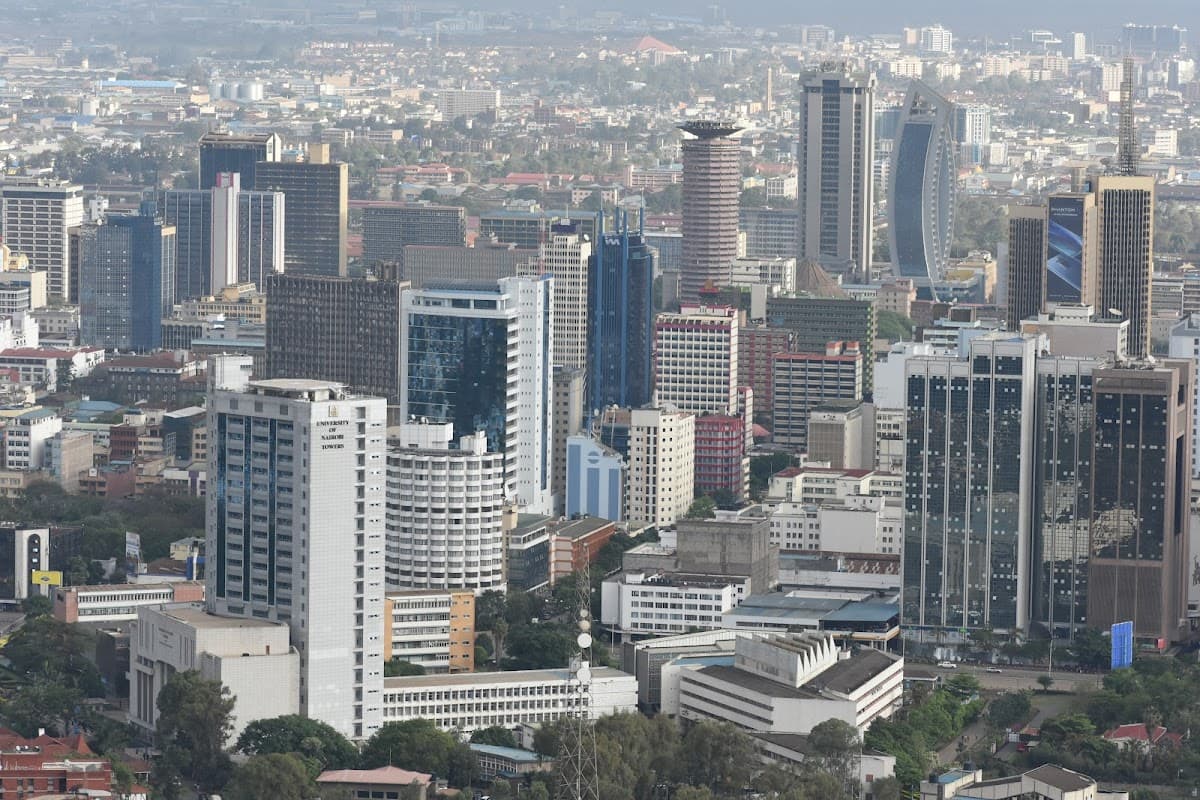Nairobi, April 18 : The Higher Education Loans Board (HELB) is mulling tracking loan beneficiaries who despite completion of Studies, have yet to start re-paying their loans.
Over 300,000 university graduates who benefited from government-funded loans are yet to begin repaying their loans, raising concerns over the sustainability of the Higher Education Loans Board programme.
The board has funded 1.7 million Kenyans, with about 1 million having completed their studies. Of these, 400,000 are repaying, while 316,000 are yet to start.
HELB CEO Geoffrey Monari, Speaking during an interview, revealed that the default rate currently stands at 35 per cent.
“Currently, HELB has supported 1.7 million Kenyans, of whom approximately 1 million have completed their studies. Out of these, 400,000 are repaying their loans, 300,000 have not started, and 200,000 have completed their studies,” he said.
The HELB boss confirmed that the board is closely tracking those who have failed to begin repayments. “If you don’t repay a HELB loan, a penalty will be charged to your account,” he warned, but clarified that enforcement is not the primary intention.
“We don’t want to reach that point,” Monari said, appealing to defaulters to take responsibility and start paying.
HELB normally gives borrowers a one-year grace period upon completion of their studies, after which they are expected to start repaying their loans to enable other students to also benefit from the fund.
According to the HELB Act, there are instances where HELB can, at its own discretion, choose to waive loan repayments based on factors such as hardship, death or if the expenses to be incurred in the recovery of the loan far exceed the amount owing. The body can also resort to extreme measures like lawsuits.
In April 2022, HELB announced that it had started taking loan defaulters to court in an attempt to recover debt worth more than Ksh10.5 billion (US$89.6 million).
According to HELB, they were in pursuit of about 100,000 loan defaulters who had failed to service their loans for over a decade, with some dating as far back as 1979. These are defaulters they could only term as “hardcore”.
Meanwhile, HELB last month introduced an initiative in ongoing efforts to ensure compliance among thousands of former students who have defaulted on their loan repayment plans, Introducing an 80 per cent waiver on accrued penalties for those who opt to clear their debts in full.
In a notice, HELB encouraged beneficiaries who have fallen behind on payments to take advantage of the offer by reaching out to the board through its various communication channels.
"Settle your HELB Loan in a lump sum and enjoy an 80 per cent waiver on accrued penalties. Simple, rewarding, and just a call, DM, or email away!" the statement read.
HELB has periodically introduced such waivers to encourage loan repayment among former beneficiaries who have struggled to meet their financial obligations.
Previously, HELB revealed it had enlisted the help of certain government agencies to assist with the loan recovery process.
Some of these agencies include the Kenya Revenue Authority (KRA), the National Transport and Safety Authority (NTSA), the Credit Reference Bureau (CRB) . These are some of the largest government agencies which have access to citizen information because of the services they offer.
The normal lifespan of a HELB loan is 10 years, after which one is expected to have completed paying off the debt.
During this period, HELB will use all the necessary means, within the law, to retrieve what it is owed. If this period expires without a person showing any signs of commitment, then HELB resorts to law suits.







